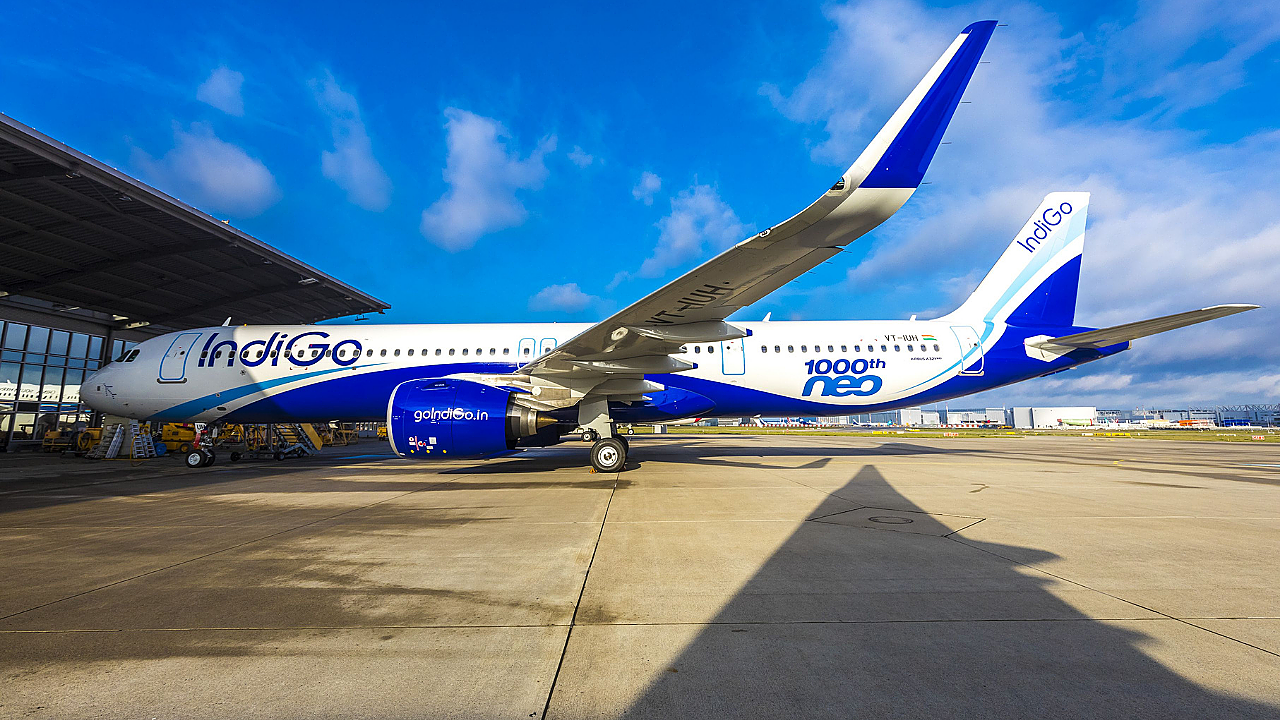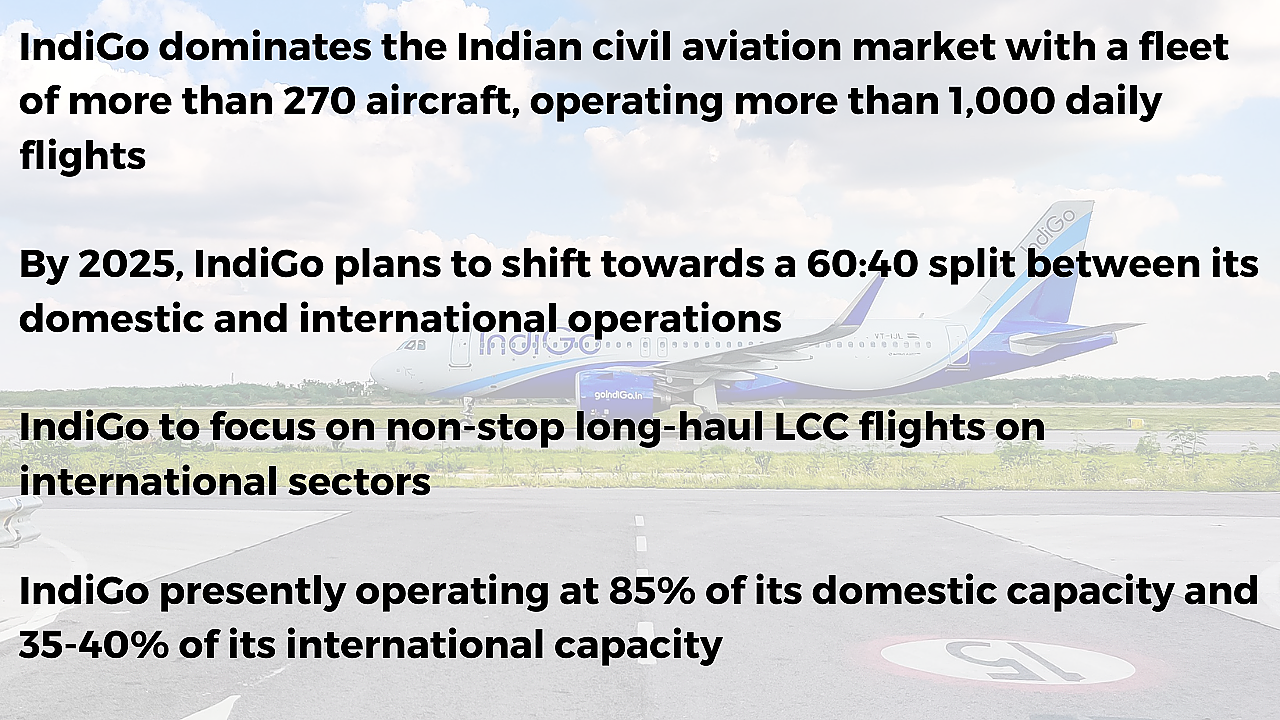
IndiGo’s leadership position in the Indian aviation market could soon be challenged by competition from a revitalised Air India under the leadership of the Tata Group and the Rakesh Jhunjhunwala backed Ultra Low-Cost Carrier (ULCC) Akasa Air, which last week received its No Objection Clearance from the Ministry of Civil Aviation. At present, however, IndiGo straddles India’s domestic aviation market like a colossus with a fleet of more than 270 Airbus and ATR aircraft, operating over 1,000 flights daily connecting 70 domestic destinations, 24 international destinations and continues to grow its network.
India’s airlines are in the midst of a tumultuous period, bringing challenges and opportunities due to changing customer preferences and a growing appreciation by the government on the role of aviation in the Indian economy. This could result in a sustained period of growth from 2022. IndiGo appears best placed to capture passenger growth in the Indian civil aviation market. The Tata Group will take at least 3-5 years to fully synergise domestic and international operations across Air India, Air India Express Vistara and Air Asia India. The task is further complicated as Air India and Vistara operate as full-service carriers, while Air India Express and Air Asia India operate as LCCs.
Akasa Air which plans to commence domestic flights from summer 2022, would require at least 2-3 years to mature its operations and build sufficient scale to pose a threat to IndiGo. This leaves the field open for IndiGo, which is also in the process of replacing its older, less fuel-efficient A320ceo aircraft with newer and more fuel-efficient A320neo Family jetliners, which will further improve its operating efficiencies.

Sharp Focus
IndiGo remains laser focussed on its LCC model for both domestic and international operations. IndiGo, CEO & Whole Time Director, Ronojoy Dutta, provided interesting insights into the airline’s plans during a free-ranging discussion, held as part of the Centre for Aviation’s (CAPA) Live event in October with Peter Harbison, Chairman Emeritus, CAPA. IndiGo appears to have shrugged off the challenges associated with the COVID-19 pandemic and the nationwide lockdown imposed in March 2020, followed by the second wave that hit earlier this year. IndiGo’s departures which stood at 1,200 in February, had precipitously dipped to 350 by May. However, at present, the airline is back to operating at 85% of its domestic capacity and 35-40% of its international capacity, according to Dutta. By 2025, he expects IndiGo will operate at a 60:40 split versus its domestic and international operations.
Responding to a question from Harbison on the emergence of new competition, Dutta said it would be difficult for a new entrant to compete with IndiGo in the LCC space, but Air India would prove a real challenge. ‘We are the lowest cost carrier. It’ll be tough for anyone to get the cost lower than us. We have among the best service in the world at this point. Our customer complaints are one tenth that are of the industry average. And so, whatever numbers you look at, we are running a darn good airline with very low cost.’
Long Haul Play
IndiGo has chosen not to stray from its long-haul LCC model for international flights even in the face of competition from Air India. The airline will target the seven-hour flight time destinations from major Indian cities such as Delhi, Mumbai, Kolkatta or Chennai, where most of the traffic is presently carried on one-stop sectors. “Well, we are going to go nonstop to all these places now. So, the yields will be good, and our cost will be low. So, I’m very, very bullish on my international opportunities,” Dutta said. He highlighted changed customer preferences following the pandemic towards non-stop flights on international sectors compared to the earlier preference for one-stop flights through Doha or Bangkok.
At the CAPA Live event, Dutta also said that while IndiGo would invest in more comfortable seats (without changing the seat pitch) on its aircraft flying long-haul international flights, it would stay true to its LCC model and not incorporate lie-flat seats or offer lounges at airports. IndiGo’s long-haul operations are centred around its new A321 Xtra Long Range (XLR) single-aisle jetliners that will start arriving in 2024 and will seat up to 244 passengers and fly up to 8,700 km. The A321 XLR will feature Airbus’ new Airspace interiors, and customers will have options for Wi-fi and In-Flight Entertainment (IFE) integration.